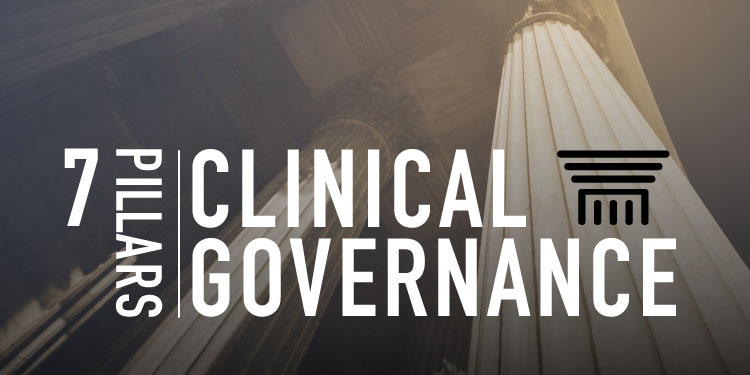An effective meeting agenda is at the heart of any meeting. To achieve the best collaboration, a Board needs to know where they are going. There’s no point turning up on the day of a meeting and hoping for the best!
Before taking any action, you need to know which topics must be addressed and how you will approach them. We’ve put together some key tips for answering these questions and improving communication within your organisation.
- Maintain Consistency
Unless the company was founded yesterday, there will be a unique history of communication. You need to draw from the past to build for the future. Look at the last meeting minutes and incorporate them into your current agenda. If you have created clear Action Items in the minutes, this task should be a lot easier.
Whether or not past collaboration has been successful, there will always be aspects you can use in your current agenda. In the long run, being able to see the root of discussion topics will improve your understanding of the company culture. As you move forward with more effective agendas, this task will become more intuitive.
- Improve On The Past
While building on past discussion is crucial, always be aware of any improvements that can be made. Business is a journey and you should make sure to steer the company in the right direction.
When drafting the agenda, consider the aspects of previous meetings that worked for your team, and the aspects that didn’t. Are there any topics which took longer to resolve than you might have expected? Use this information to streamline any agenda you create. Every company is different and the amount of time it takes to resolve topics will be unique to the demands of your organisation.
- Ask For Input
A meeting is a collaborative exercise and so preparation should address everyone’s needs. One solution is to directly ask for suggestions among the participants. It might even be worth making this a regular part of your meetings. Leave time at the end for resolving any questions that need to be brought forward.
Although this is more complicated in larger companies, it’s always worth considering the needs of everyone involved. Look at the agenda from the point of view of everyone who will be present.
- Plan Action Items
A meeting agenda isn’t just about noting down general topics for discussion. It’s also about directing the conversation on those topics. Break down any larger issues into individual decisions or actions that need to be taken in future.
This doesn’t mean listing every aspect of the topic that comes to mind. Make sure any Action Items you include are clear and relevant to future progression. A confusing agenda will only make communication more difficult.
- Keep The Agenda Efficient
Your Board is busy. You only have limited time to collaborate and don’t want to waste it talking about unimportant issues. Streamline communication and make sure there is nothing on the agenda that can be better handled without a meeting.
In the digital age, it is more important than ever that meeting agendas are not too long. Try to minimise the number of items you add to your agenda. Perhaps some can be summarised in the next meeting or brought under a larger topic.
-
Use A Consistent Template
Keeping your agenda consistent is a way to improve the clarity of your collaboration. It can save time in the meeting, as everyone understands how the discussion will function. It can also save administrative time in preparation.
The structure of your agenda may change at the beginning as you learn what works best for your company. However, this development should be gradual. Using a totally new structure for every single meeting makes it difficult for your team to know where they stand.
-
Proofread Your Agenda
Spelling and grammar may come as second nature to you, but you still need to double-check the document before sending. An inaccurate agenda reflects poorly on the company and can even cause confusion in the meeting itself. A misplaced comma may be crucial to the meaning of a task! Don’t let avoidable mistakes get in the way of fluent communication.
-
Assign Agenda Items
Giving agenda items to certain participants can improve the quality of your meeting as everyone becomes more aware of their role. If you want to improve accountability within your meetings, this is a key step in making sure every task is managed responsibly.
This measure is also important when it comes to security and compliance. With a purpose-built Agenda Builder, you can select the level of access each participant has to the document. This means there is no chance of anyone ‘accidentally’ viewing confidential files.
-
Give The Participants Time To Prepare
Sending your agenda out at the last minute will give everyone less time to prepare and get in the way of dynamic communication. Make sure to send out your Board Pack, including the Agenda, with enough time for the whole team to read.
This isn’t always easy. Sometimes you’re waiting on one last paper to come in and feel that you can’t send the Board Pack without it. This is where Convene comes in!
With a Board Portal, you can make last-minute changes to the Board Pack after it has been sent out. If more documents come in, add them with a simple drag-and-drop. You no longer have to worry about the last-minute panic to compose the documents.
Building an agenda and meeting pack in Convene is as easy as filling in a form. Meeting organisers can freely rearrange agenda items into an order that suits their organisation. Once a meeting template has been created, you can save time by re-using it as often as you want for future meetings.
As well as improving your agenda, Convene is designed to support your organisation at every part of the meeting process. From drafting the agenda, all the way through to creating a secure audit trail, you can ensure effective communication. To learn more about maintaining good governance, read our customer success stories or contact us today.








